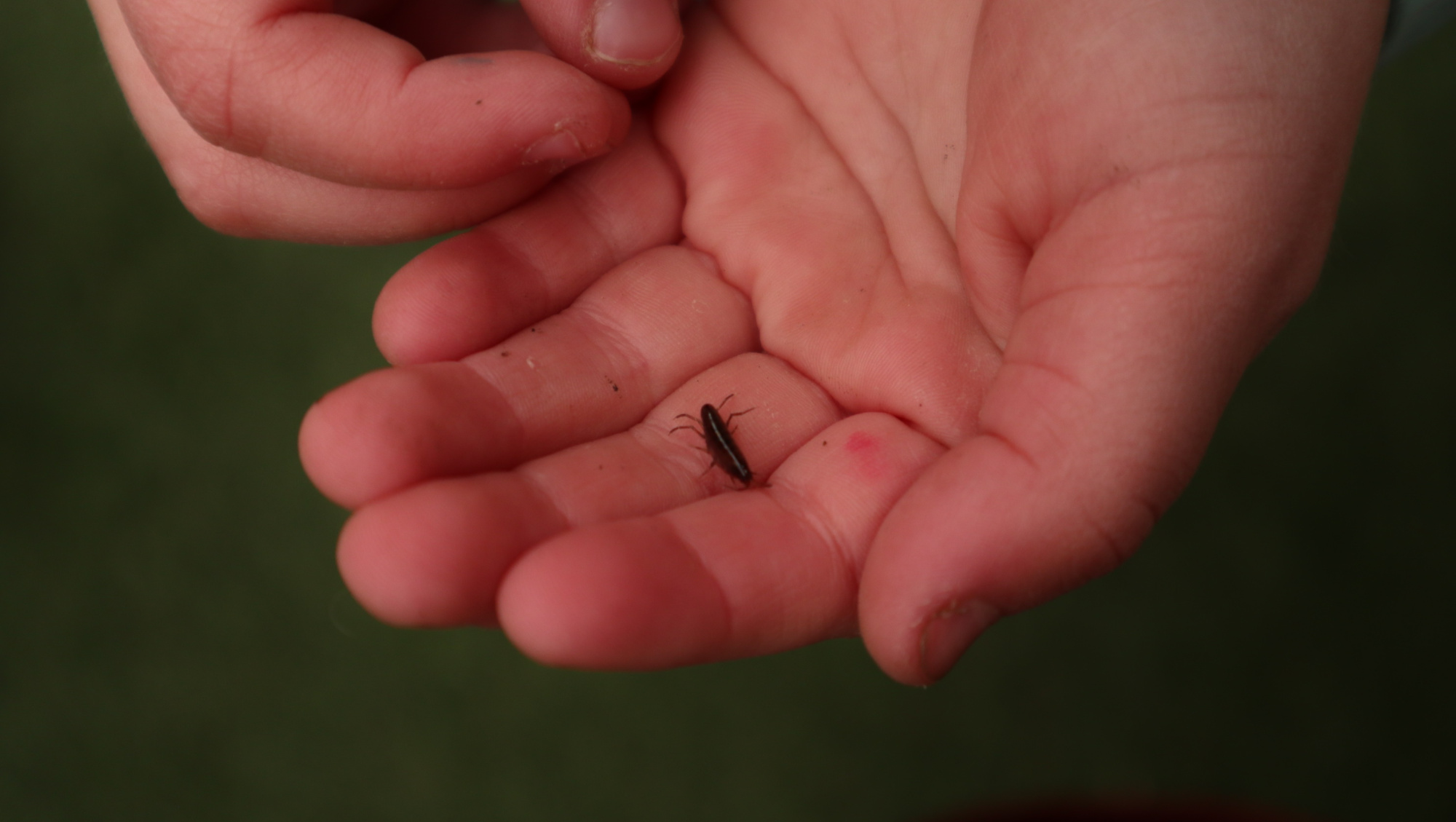Our Curriculum
Children learn best in a loving and supporting environment where practitioners know them well and understand how they learn, what motivates them and importantly what interests them. For this reason, the curriculum is deliberately designed so that it can always be tailored to suit the learning characteristics of the individual child. It was intentional in devising the document that no guidance was given within it as to how things should be taught, or what exact experiences children have. This will vary year-on-year, from room to room, from age group to age group, from practitioner to practitioner and from child to child.
What is most important to us is that every individual child leaves us being the best they can be, happy, ready for the next steps in their learning journey and having experienced Awe and Wonder every day whilst at the nursery.
Our pedagogical approach at Ramillies is informed by a number of influences, therefore taking the bits that we think are the most important to us. We have a robust Key Person system for example which is influenced by Attachment Theory and the importance to children of having key individuals who they know really well and who know them, who they can rely on throughout their day. We firmly believe that children develop most effectively when they are happy and secure and see their emotional wellbeing as fundamental to all we do.
Much of our practice with regard to learning and development is influenced by Froebel, founder of the Kindergarten movement. The essentional principles of a Froebelian approach are that:
- Childhood is more than just preparation for adulthood.
- All learning is linked, and so every different area of learning can impact others.
- Child-initiated play is very important as it means that the child is motivated and engaged.
- Always start with what children can do, not what they can’t.
However, alongside child-initiated play, we believe it is important to balance this with adult led activities which introduce new learning and concepts to children. Giving children a wide range of experiences builds their ‘cultural capital’ and we know that this influences the chances of lifelong positive outcomes for children.
Alongside these theories, we are informed a little by the curiosity approach and introducing children to things which make them ask questions;Forest School beliefs and a healthy appreciation of the natural world; the Montessori approach and establishing an environment which fosters independent learning and the Reggio Emelia approach to allowing children to lead their own learning and building on their interests.
Every day is different, every practitioner brings their own experiences, everyone is respected for their individuality but we bring all this together to give children a stable, consistent but exciting Early Years experience.

